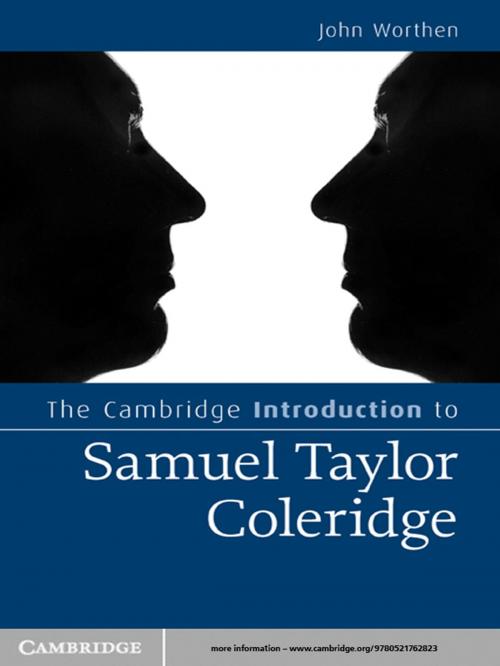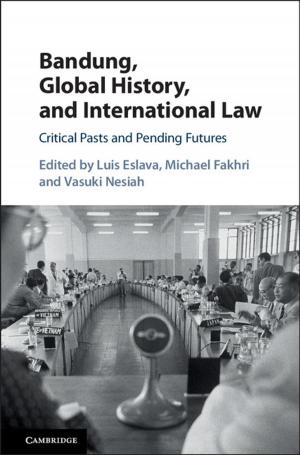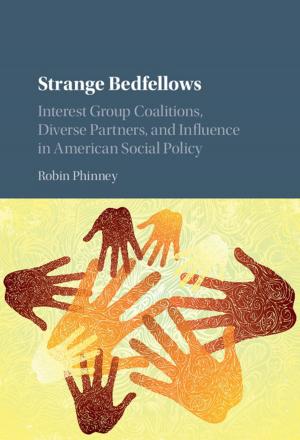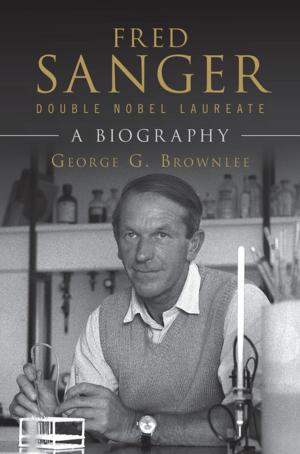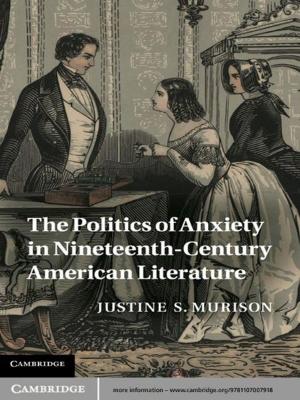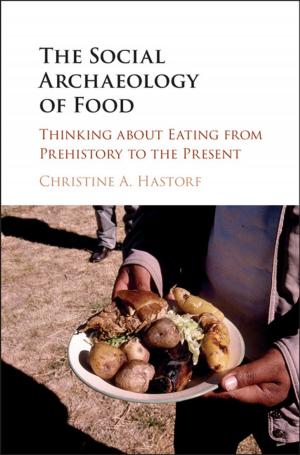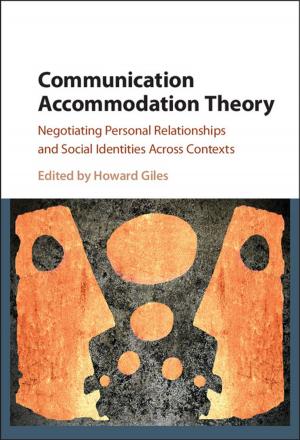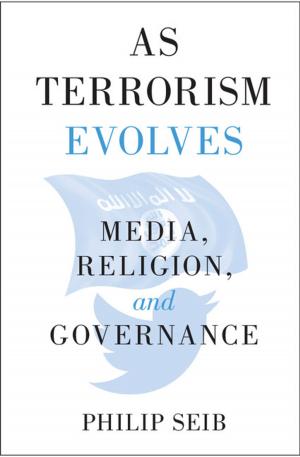The Cambridge Introduction to Samuel Taylor Coleridge
Fiction & Literature, Literary Theory & Criticism, British| Author: | John Worthen | ISBN: | 9781139793285 |
| Publisher: | Cambridge University Press | Publication: | September 2, 2010 |
| Imprint: | Cambridge University Press | Language: | English |
| Author: | John Worthen |
| ISBN: | 9781139793285 |
| Publisher: | Cambridge University Press |
| Publication: | September 2, 2010 |
| Imprint: | Cambridge University Press |
| Language: | English |
Author of 'The Rime of the Ancient Mariner', 'Kubla Khan' and 'Christabel', and co-author with Wordsworth of Lyrical Ballads in 1798, Samuel Taylor Coleridge was one of the great writers and thinkers of the Romantic revolution. This innovative introduction discusses his interest in language and his extraordinary private notebooks, as well as his poems, his literary criticism and his biography. John Worthen presents a range of readings of Coleridge's work, along with biographical context and historical background. Discussion of Coleridge's notebooks alongside his poems illuminates this rich material and finds it a way into his creativity. Readers are invited to see Coleridge as an immensely self-aware, witty and charismatic writer who, although damaged by an opium habit, responded to and in his turn influenced the literary, political, religious and scientific thinking of his time.
Author of 'The Rime of the Ancient Mariner', 'Kubla Khan' and 'Christabel', and co-author with Wordsworth of Lyrical Ballads in 1798, Samuel Taylor Coleridge was one of the great writers and thinkers of the Romantic revolution. This innovative introduction discusses his interest in language and his extraordinary private notebooks, as well as his poems, his literary criticism and his biography. John Worthen presents a range of readings of Coleridge's work, along with biographical context and historical background. Discussion of Coleridge's notebooks alongside his poems illuminates this rich material and finds it a way into his creativity. Readers are invited to see Coleridge as an immensely self-aware, witty and charismatic writer who, although damaged by an opium habit, responded to and in his turn influenced the literary, political, religious and scientific thinking of his time.
